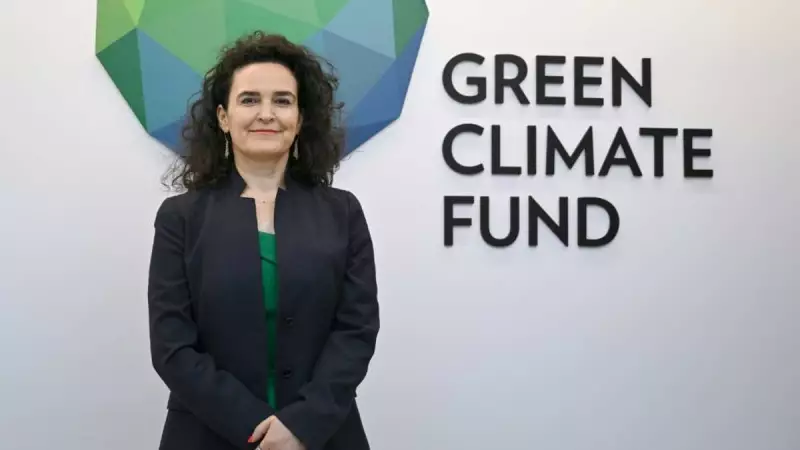
The United Nations' Green Climate Fund has announced its most successful financial year ever, raising a staggering $13.5 billion while simultaneously addressing concerns about its lending practices to vulnerable nations.
In an exclusive interview, the Fund's executive director, Mafalda Duarte, revealed that 2024 marked a "record year" for climate finance mobilization. The achievement comes amid growing pressure on developed nations to fulfill their climate finance commitments to developing countries.
Defending the Loan Strategy
Duarte strongly defended the Fund's controversial approach of providing loans rather than grants to climate-vulnerable nations. "We need to be honest about what we mean by loans," she stated, emphasizing that these are offered at highly concessional rates with extended repayment periods.
The climate chief argued that this strategy actually benefits recipient countries by providing larger funding amounts than would be possible through grants alone. "If we were to do only grants, we would be able to provide very little," Duarte explained.
Breaking Down the Numbers
The record-breaking $13.5 billion represents a significant increase from previous years and demonstrates growing international commitment to climate action. The funding will support various climate adaptation and mitigation projects across developing nations, including several initiatives in African countries.
Duarte highlighted that the Fund's approach allows for scaling up climate solutions that might otherwise remain underfunded. "We are trying to be innovative in the way we provide financing," she noted, pointing to the strategic use of loans as part of a broader financial toolkit.
Addressing Climate Justice Concerns
The loan strategy has faced criticism from climate justice advocates who argue that nations least responsible for climate change shouldn't bear debt burdens for adaptation. However, Duarte maintains that the concessional nature of these loans makes them fundamentally different from commercial debt.
"These are not the type of loans that you would get from the market," she stressed, highlighting terms that include low interest rates and grace periods that account for countries' varying economic circumstances.
The record funding announcement comes at a critical time as climate impacts intensify across vulnerable regions, including West Africa, where changing weather patterns threaten agriculture, water security, and coastal communities.





